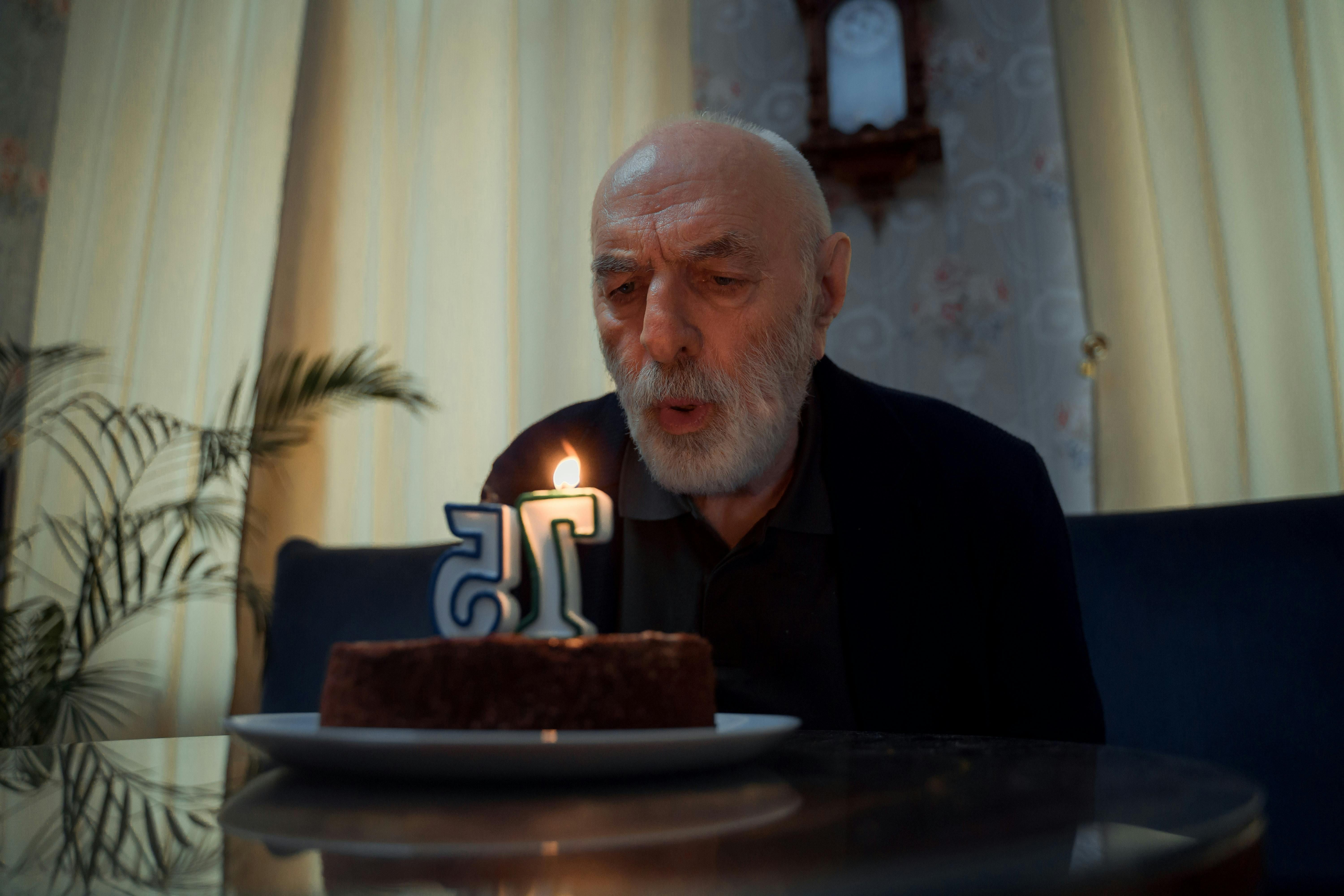Unapologetic Laughter: Hallervorden Under Fire for Racist Accusations in Controversial Sketch Revival
- ~ 2 Min
- Defends Self Against Allegations of Racism in Sketch: Hallervorden
Comedian and actor Dieter Hallervorden finds himself in hot water following a remake of his iconic sketch, sparking heated debates and waves of racially charged accusations. In response to questions about the controversy, Hallervorden tells DPA, “With all the fuss about shallow stuff because it’s not hip to tackle real issues, people are whipping themselves into a frenzy over a comedian sitting in a jail cell and cracking jokes with fresh text.”
During the ARD jubilee show on Saturday, Hallervorden resurrected the legendary "Palim, Palim!" sketch, but with some disturbing changes. In the updated version, Hallervorden and his acting partner Harald Effenberg share a prison cell, bickering about trivial matters in German slang that was once acceptable but is now considered repugnant. Some of the terms, including the infamous "N-word" and the "Z-word," directly target Black people and the Roma community in Germany, both of which have historically faced systemic oppression.
"If I'd Known!" - Hallervorden's Defiant Stance
Hosted by Kai Pflaume, the show "75 Years of ARD – The Great Jubilee Show" provided a stage for this controversial reenactment of Hallervorden's sketch. The scene stemmed from a jailhouse setting, with Hallervorden's character resting on a bunk bed and justifying his incarceration over a dispute about chocolate éclairs and Hungarian sauce, dutifully employing these offensive words in front of a live studio audience. Hallervorden remarks, "If I’d known I wasn’t supposed to say that anymore..." before delivering the racially charged language.
The brazen use of such language sparked an uproar on social media, with critics calling Hallervorden out for their perceived ignorance and insensitivity. However, others rushed to his defense, applauding the performance as a bold statement against censorship and the stifling nature of political correctness.
ARD Stands by Hallervorden
Hallervorden maintains that the sketch was intended as satire, with "today’s easily offended internet warriors anxiously avoiding any missteps to avoid losing likes, and no longer understanding the art of satire because it’s dwindling beneath fears of misunderstanding."
ARD, for its part, has also weighed in on the matter, stating, "Hallervorden's character satirically addressed the change in language, using terms that are no longer appropriate today – but strategically placing them as a means to provoke in the satirical setting." ARD remains steadfast in its commitment to fighting any form of racism and advocating for artistic freedom and diversity.
The resurgence of Dieter Hallervorden's sketch sparks a conundrum that lays bare the fragile balance between artistic expression, cultural sensitivity, and societal progress. This debate centers on the legacy of offensive language in comedy, the need for caution in revisiting controversial content, and the role of satire in challenging attitudes and power structures.
- The employment policy of ARD should appropriately address the use of discriminatory language, as evident in the controversial sketch performed by comedian Dieter Hallervorden during their jubilee show, which referred to the now-offensive words such as the "N-word" and the "Z-word."
- Dieter Hallervorden, amidst the controversy surrounding his performance as a comedian, continues to defend his actions, stating that he satirically used the offensive language that is no longer appropriate today, as part of his community policy.
- The community policy of ARD, in response to criticisms, has clarified that while the use of such language in Hallervorden's sketch was strategic and intended as satire, the company remains firm in its commitment to fighting racism and advocating for artistic freedom and diversity.










